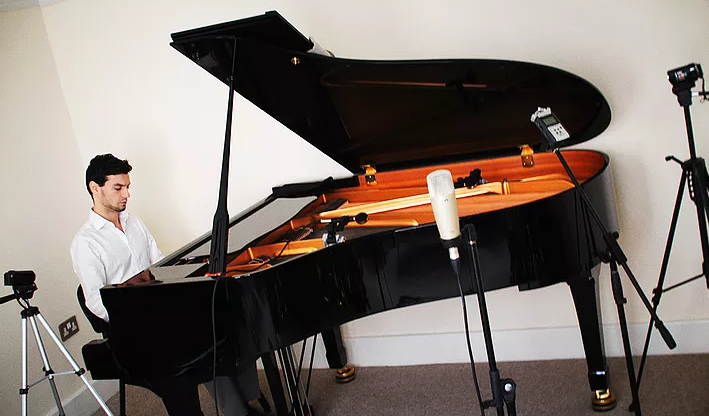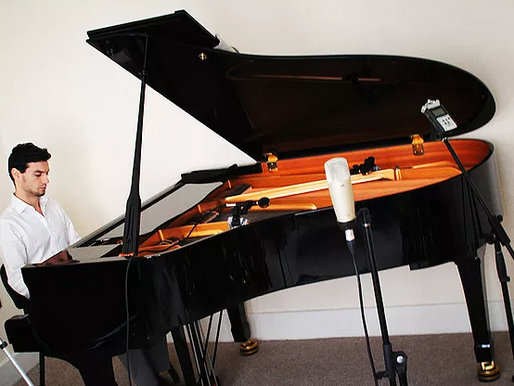music production, Uncategorized
What is Music Production? Part V
What is Music Production? Part V – In this series of articles, I will be looking at music production, explaining what it is and how it works for newcomers and beginners to the art form.
In the previous article in this series I looked at how arrangement affects the production process. In this article I will explore how to prepare for a recording session as a musician.
—————————
When producing a song, there will likely be a recording session of some sort at some point. This could range from simple MIDI piano recording to a full band recording multiple layers of multiple instruments. Either way, preparation is key, particularly if you are collaborating with another musician, producer and/or engineer.
From a musician’s perspective, you should take the following things into account when preparing for a recording session.
- Know the details of the session, this means where it is? How long is it? How much does it cost (if anything)? The session can’t and won’t happen without you there or without paying for it.
- Practice your part daily leading up to the recording session. Make sure you do it in context to how you may record. For example if you are a violinist overdubbing a part on a tight pop track, then it’s important to practice to a metronome to get your timing right. However if you’re going to be recording classical music with a string quartet, then it’s best practice with the quartet as much as possible.
- Make sure you instrument is in good shape. This could mean a change of strings for a guitarist or a piano tuning. The same goes for vocalists, don’t overuse your voice in the days leading up to the recording, keep it fresh for the big day.
- Have an idea of the sound you want to achieve, this could mean listening to and bringing reference material to give the producer/engineer an idea of what you want. Be realistic with your expectations though, don’t bring in a Beyonce song as a reference if you’re only gonna spend an hour or two recording and expect it to sound the same.
- Have alternative parts prepared. This may not apply to every musician or type of recording session but sometimes it can be very useful to have alternative parts planned out just in case. This could be alternative melody ideas, lyrics, chord progressions, rhythmical ideas, sound ideas etc… If you have some prepared ahead of time then you can save time in the studio.
Follow these guidelines and you will be on your way to more effective and enriching recording experiences as a musician.
To be continued with Part VI of Music Production.

What is Music Production? Part V
#musicproductionlessons #musicproductionteachers #musiclessonslondon #musictuition #recordingstudiolondon

